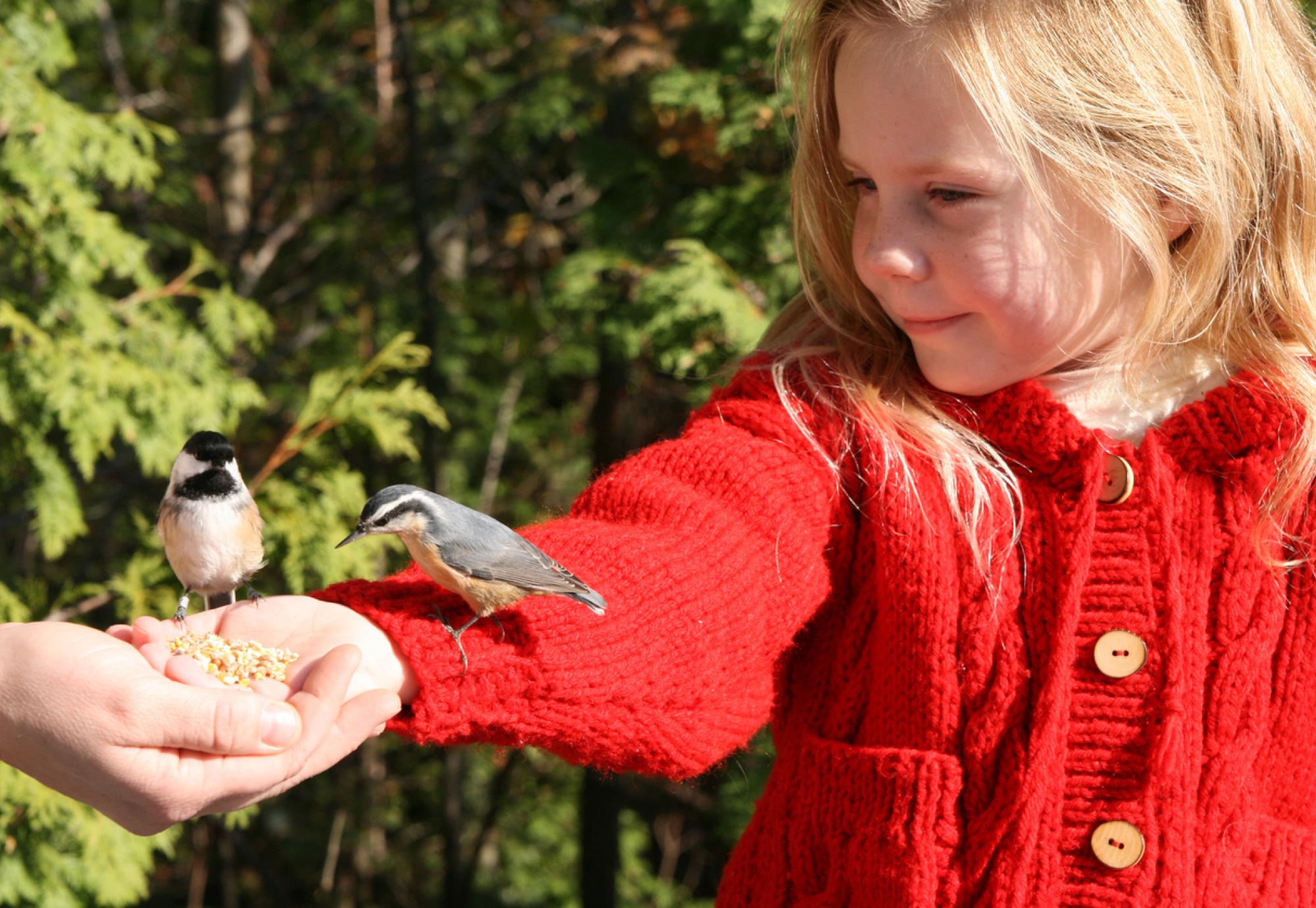Improving the uptake of nature-based health and wellbeing prescribing could alleviate pressure on the NHS and save more than half a billion pounds a year.
That is according to a new report from the Institute of Occupational Medicine Health which found that, if just one of The Wildlife Trusts' programmes was adopted by the 1.2 million people who would be expected to participate, the NHS could save approximately £635.6m annually.
The schemes in questions are a suite of initiatives that connect people with the community and look to harness the health benefits associated with being more in touch with nature.
Some of the programmes include:
- Wild at Heart – a social group run by Sheffield and Rotherham Wildlife Trust that allows participants to learn new skills via activities in the countryside. With 82 people taking part in a year, the analysis identified healthcare savings of more than £38,000; for every £1 invested, the NHS benefits from £1.19 in cut costs.
- MyPlace – a scheme geared towards improving mental and physical health run by Lancashire Wildlife Trust. The mental health gains were associated with over £28,000 of employment-related savings along with healthcare efficiencies of around £7,000. For every £1 invested, MyPlace would return with £2.19 of additional benefit to the health service.
- Feed the Birds – a Shropshire Wildlife Trust-run scheme aimed at addressing social isolation by introducing people to volunteers who help feed animals. More than £15,000 of healthcare savings were attributed to this programme with 57 participating in a year. Although for every £1 invested the return only stood at £0.40, if all the people taking part were fully engaged with the initiative for its full 31-month duration, the accumulated benefits stand north of £100,000.
To expand access to the aforementioned schemes, the government has been called to commit to three actions:
- Integrate green prescribing into community health and social care services;
- Promote cross-government investment in housing, employment, community cohesion, transport and culture;
- Strengthen the ties between healthcare services and community-based organisations.
The Wildlife Trusts’ vice-president, Dr Amir Khan, who is also an NHS doctor, added: “The Wildlife Trusts’ programmes can shoulder some of the burden of ‘mainstream’ NHS services, and they should be available to all health professionals, to refer patients to, where appropriate.”
To access the full report, click here.
Image credit: iStock



















